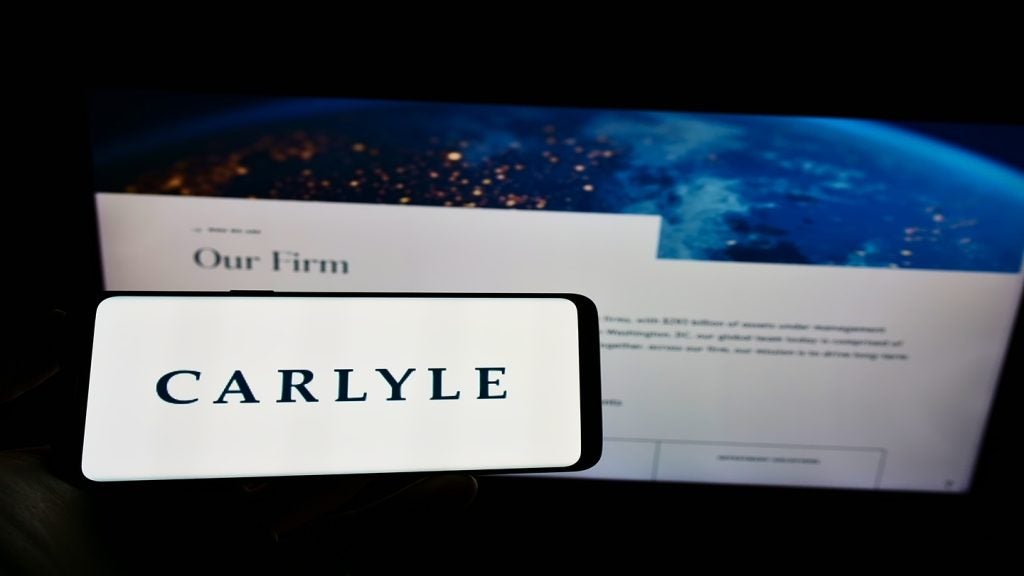Key client groups are nothing new, but an increasing
number of banks are beefing up the collaboration between their
investment banking arms and their ultra wealthy private clients.
Nicholas Moody talks to Deutsche PWM key client head Salman Mahdi
about why these joint ventures have such huge
potential.
 As the debate
As the debate
swirls around the one-bank model and whether stronger demarcations
are needed to separate out private wealth from higher-risk
investment banking, Deutsche Bank is clear where it stands in the
debate.
“At this point of time, the
corporate investment bank (CIB) link is a significant strength
rather than a hindrance,” says Salman Mahdi, head of Deutsche’s
private wealth management (PWM) key client group.
Deutsche’s key client group,
created in the past two months, has become a formalised structure
that has grown substantially in size and revenue.
The global key client working group
is now a global virtual community of 300 senior bankers from
private wealth and the CIB.
How well do you really know your competitors?
Access the most comprehensive Company Profiles on the market, powered by GlobalData. Save hours of research. Gain competitive edge.

Thank you!
Your download email will arrive shortly
Not ready to buy yet? Download a free sample
We are confident about the unique quality of our Company Profiles. However, we want you to make the most beneficial decision for your business, so we offer a free sample that you can download by submitting the below form
By GlobalDataMahdi says they continue to work in
their respective regions but are linked together by a global key
client service committee.
Deutsche not alone in
tapping key clients
The key concept revolves around
giving clients access to institutional level service, ideas and
investment opportunities, and banks the chance to bank more share
of wallet.
Deutsche PWM is far from alone in
trying to drive greater integration (see BNP Paribas looks to double Asia AuM by
2014).
Credit Suisse is well known for its
close collaboration, while HSBC Private Bank has its global family
partnership with its banking and markets division for clients with
$500m net worth.
Standard Chartered’s key client
solution unit was launched in May this year and Citi Private Bank
operates as part of its institutional clients division.
 Mahdi is drawing
Mahdi is drawing
on significant experience leading this kind of cross-business
collaboration.
Prior to leading the key clients
group, he was head of Deutsche’s Global South Asia group for more
than seven years.
“The Global South Asia group was
one of the market leaders for this CIB/PWM collaboration because a
lot of these Asian clients are very successful entrepreneurs and
they wanted to talk to the bank as a whole. So in a way that was
almost like a pilot for what we’re trying to do on a global scale,”
he says.
The power of
four
Mahdi says services the key client
group can bring to clients breaks down into four distinct
areas.
These are broadly in line with what
many other private banks also offer their ultra high net worth
(UHNW) clients.
Firstly there is the private
institutional client desk (PIC). This is a collaboration between
PWM and global markets sales and trading businesses.
UHNW clients that use family
offices and investment offices want to be covered like institutions
so Deutsche provides direct access to the investment bank.
Clients using this service need a
minimum liquid wealth of €100m ($135m) and net worth of more than
€300m. The PIC is already running in Europe and has just launched
in Asia, covering 40-50 major relationships in Asia.
China and the
CIB
The second relationship is with its
corporate finance and equity business. Where the CIB is listing a
business, PWM bankers assist in wealth structuring, setting up
trusts and holding companies.
“This has been particularly
successful in Asia where there has been a stream of initial public
offerings (IPOs). Almost 40% of net new assets in Asia have come
straight out of collaboration. It has also been successful in
Germany,” says Mahdi.
China, for instance, is another
CIB/PWM joint venture hotspot for Deutsche, as there are still a
large number of private businesses looking for capital in the
world’s second largest economy.
“This long pipeline of IPOs that
has built up in China, involves the interaction with private
wealth. So China is one of the most exciting markets for us at the
moment,” he adds.
In a reverse situation, Mahdi says
private clients also approach Deutsche asking what the bank can
offer in terms of listing requirements.
Finally there is what some private
clients would regard as the ultimate benefit, access to pre-IPO
anchor investment opportunities generated from Deutsche’s CIB.
“Now we are able to bring those
transactions that are very proprietary because Deutsche has been
mandated on the capital markets to offer to large family offices,”
says Mahdi.
When asked for examples of these
investment opportunities, however, Deutsche would not reveal any
names.
Business potential ‘for
years to come’
Mahdi says Deutsche has not set any
solid targets for the key clients business, but says there is no
reason why it should not be generating 25-30% of PWM revenues
through these joint venture opportunities.
Since its April re-boot, revenues
already run to hundreds of millions of euros, according to
Mahdi.
“I genuinely believe that this is one of the most significant
revenue opportunities for us for many years to come,” says
Mahdi.
“And yes, some of our competitors have been in this game longer
than us, and many others would like to get it right because they
have the same aspirations around the entrepreneurial class.”







